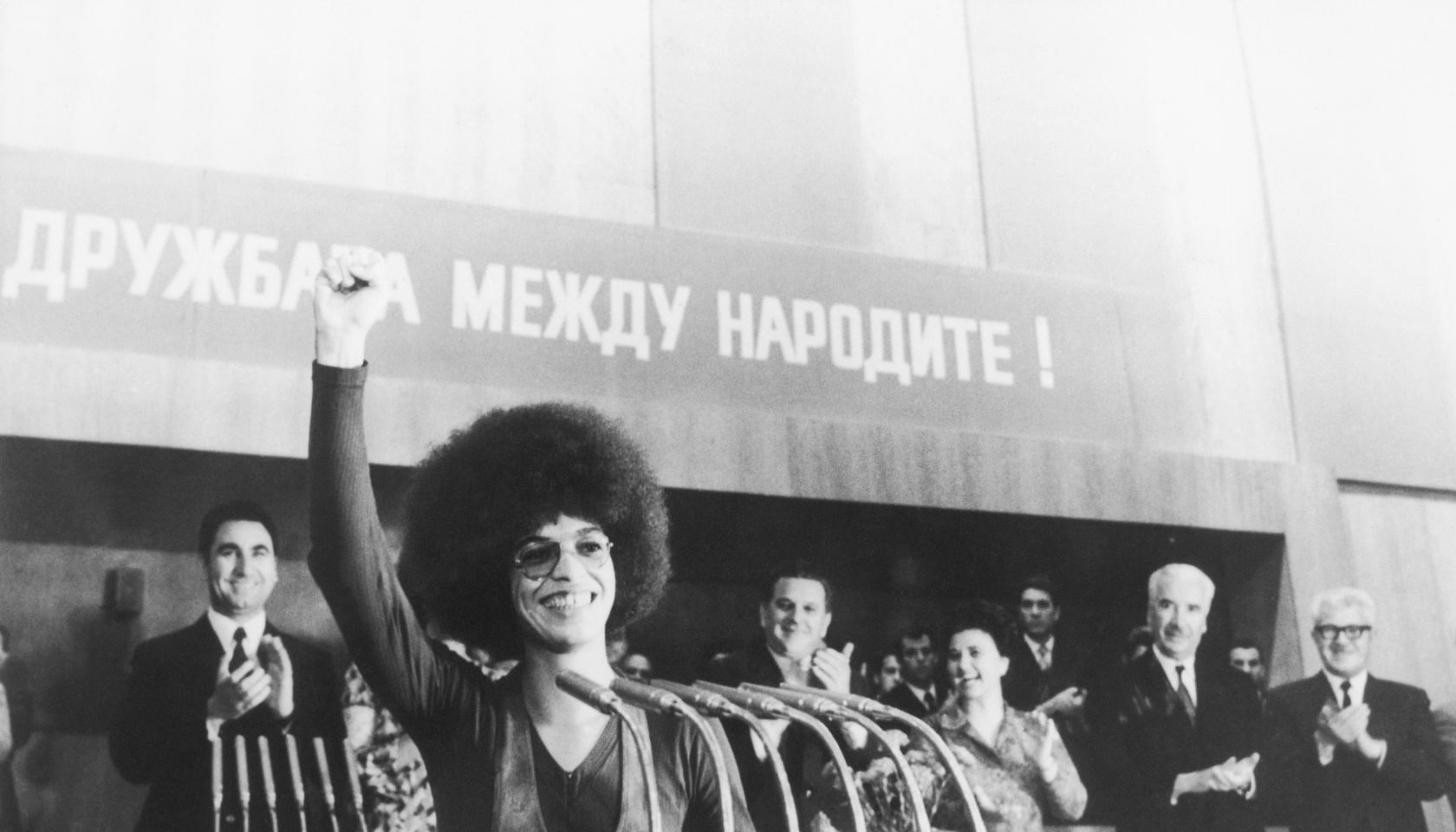Bridging The Gap: Black Lives Matter And The Black Panthers
Bridging The Gap – The Intersection Between Black Lives Matter & The Black Panther Party
Fifty years after Bobby Seale and Huey P. Newton founded the Black Panther Party for Self Defense, Americans still grapple with understanding the controversial and revolutionary group created to dismantle state-sanctioned violence, combat systemic racism, and serve the community through numerous social programs.
But much like the current Black liberation movement Black Lives Matter — founded by Patrisse Cullors, Opal Tometi, and Alicia Garza — the Panthers’ complicated history is often demonized by those who fail to realize it was created out of the need to challenge police brutality and monitor the unchecked and systemic killing of Black men, women, and children at the hands of police officers.
It’s this call, often recognized as number seven on the Panthers’ Ten-Point Platform and Program, that is the common thread between two movements and two generations, separated by time but connected by the trauma of being Black in America.
We want an immediate end to POLICE BRUTALITY and MURDER of Black people.
It is also this demand that serves as the driving force behind member involvement in both movements.
Arielle Newton — a member of the Black Lives Matter New York City chapter who is also the Founder and Editor-in-chief of BlackMillennials.com — and Dr. Rosemari Mealy — a former member of the Black Panther Party known for political prisoner activism and the current Adjunct Assistant Professor at City College of NY (CUNY) Center for Worker Education — discuss the “moment” that made them activists in this NewsOne intergenerational conversation meant to bridge the gap between millennials and their elders.
“It began in 2014 when I went to Ferguson,” Newton said, referencing the death of unarmed teenager Michael Brown by a White police officer that summer. “It was a moment in time…a scary moment in time. I knew that it was time to make the sacrifice for Black liberation.”
Mealy’s moment was not much different.
“When Fred Hampton was murdered…when I came back, I never went back to my job. I just went straight to the Black Panther Headquarters and that’s how becoming involved in the party happened for me,” she said of the 1969 assassination of Hampton, who was the chairman for the Illinois chapter of the Black Panther Party.
In honor of Black History Month, watch the first installment of “Bridging The Gap,” a series that honors the Black liberation movements of the past and present while building a bridge that will better help us understand how to propel what has become the largest Black liberation movement in recent years forward.
PHOTO CREDIT: Kyle Goldberg/NewsOne
















